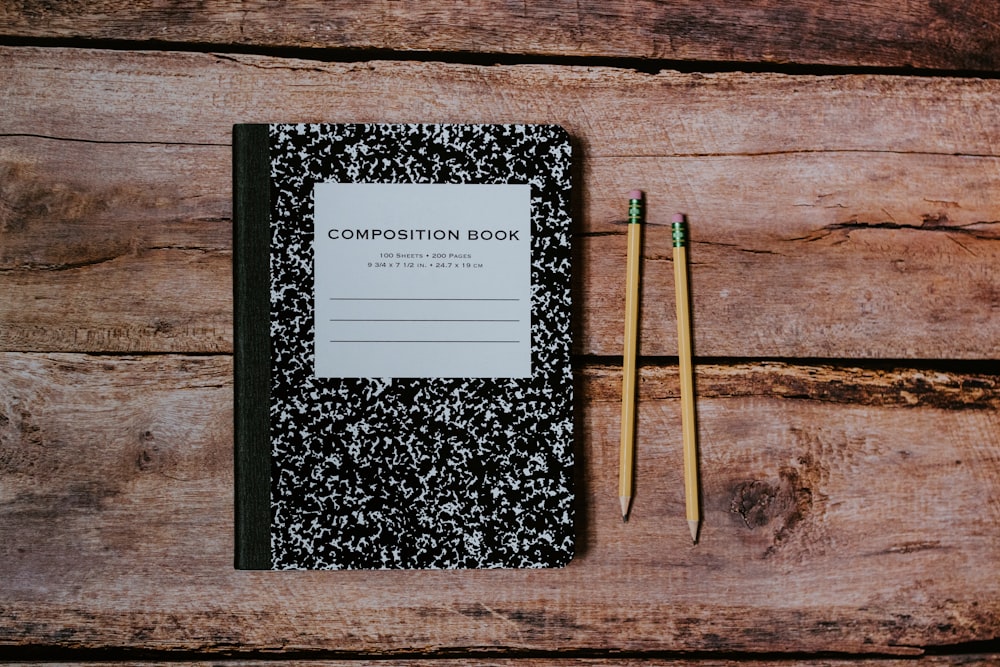My passion for English Language Arts began in my tenth-grade year at Claremont Secondary School. It was while I was a part of the AP English course that I began to find a motivational drive to succeed while in this class. I didn’t necessarily start the class very strongly as my skills were not as strong as some of my peers, but my competitive drive to be successful motivated me to strive to be the best. It was then that concepts brought forth and conversations we had really began to resonate with me. They had a meaning behind them and I knew I would be able to grow from them. From this point on, the next three years flew by and each semester I found myself looking forward to English classes. Each of my teachers brought new insights and ways of approaching particular material which allowed for me to broaden my horizons. As I begin to reflect upon these moments, I relate three theories we have learned to that of my own classroom experiences and how they were applied to my learning. These three consist of the: behaviourist, cognitivist, and constructivist theories.
photo-1470549638415-0a0755be0619
Looking back on my high school days, all three of these theories were important to my development as a learner and writer in one way, or another. To start with, when discussing Learning Theories in EDCI 747, “the idea of behaviourism was introduced by John B. Watson upon his belief that behaviours can be measured, trained and changed” (Manning-Lewis, 2020). This essentially was stating humans respond to stimuli and that we can all learn through conditioning In addition to this, “B.F. Skinner mentions that learning can occur through punishment and reinforcement” (Manning-Lewis, 2020). The way this was applied to my learning is through our education system of there being right and wrong answers as well as the grading system. By not getting a certain mark, I would hold myself to a certain standard and know that it wasn’t good enough if I wasn’t getting A’s or B’s, therefore, I would have to do additional research, studying, and put more effort in to ensure I did better the next time and make up for my errors.

The next theory is the cognitivist theory. This theory is based mainly upon the work and studies of Jean Piaget. The theory states that, “learning is considered to be an active process in which learners construct and internalize new concepts, ideas and knowledge based upon their past and present knowledge as well as experiences” (Manning-Lewis, 2020). How I was able to apply this to my learning was simple, I took what I learned in years prior from my schema (basic knowledge) and used accommodation to build upon that. What this did for me is it allowed for me to use what I had built in years prior, maintain that but expand how I would connect this knowledge with what exactly I was learning. In doing so, I found this to help me not only retain new information but build upon my knowledge and skillset I had developed thus far.
Moving on to the last theory that I found was applicable to my high school learning, it was the constructivist theory. The constructivist theory was developed mainly by Lev Vygotsky who thought that a strong social environment is central to learner’s development. He also thought that teachers needed to work alongside students rather than just instruct so that students could create new meanings in learning (Manning-Lewis, 2020). This theory took place for me in my grade twelve year. Our teacher that year provided us with an open, interactive and collaboration-based curriculum. In doing so, it really allowed for us as students to harness our creativity and work towards what we were passionate about in ELA. Looking back and reflecting upon this, I think the constructivist theory allowed for me to create some of the best work I have ever done.

Lev-Vygotski-el-“Mozart-de-la-Psicología”.jpg
As the future nears and I become closer to my career as a future educator, I aspire to teach grade 9-12 English classes. The theories I hope to apply to my classroom are the cognitivist and constructivist theories, but nothing that is dominant in terms of one being more heavily used over the other. The reason I hope to use the two of these theories, is because I want a classroom space where students can bring out the most of themselves. The cognitivist theory will be applied to the knowledge these students know currently, and similar to my experience, I hope to tie their past experiences into their current learning allowing for a more meaningful and memorable takeaway. This will also allow for them to develop methods of competent thinking. Additionally, I hope to apply the constructivist theory because when students are passionate about something, it drives them to succeed and do the best that they can. Within this model, the constructivist theory allows for students to build confidence by working alongside their peers more openly rather than being instructed by a teacher. By incorporating this theory, it will ensure kids build a sense of drive and betterment of communication skills amongst their teacher and peers. An example of this comes from a chapter of a book titled, Open Education, the specific question is written by Ebba Ossiannilsson, Zehra Altinay and Fahriye Altinay. Ossiannilsson, Altinay and Altinay break it down perfectly when they write, “An open education for all learners is key to maximize the impact of education on society and to ensure its success and sustainability” (159).
photo-1599081594408-61c369d27808
The reason as to not incorporating the behaviorist theory is I hope to break down the standard of ‘grades’ in secondary school curriculum. I believe that by providing kids a safe space, where they are able to make mistakes but correct those mistakes rather than giving them right or wrong answers, it will allow for them to think originally and produce work that they are proud of. This ties into the current BC ELA curriculum which states, “The redesign of curriculum maintains a focus on sound foundations of literacy and numeracy while supporting the development of citizens who are competent thinkers and communicators, and who are personally and socially competent in all areas of their lives” (BC ELA). A quote from the book Open Education also highlights this when Ossiannilsson, Altinay and Altinay write, “Opening up education means rethinking the numerous dimensions that are familiar in traditional educational structures and patterns” (161). When it comes to the reworking of the current curriculum, we first have to break boundaries and get away from what we know as the ‘norm.’ Instead, let’s challenge the current curriculum so that our students better their future and build a skillset that will be applicable to society going forward. I hope that what I teach kids sticks with them and that by combining the two theories I will be able to bring the best out of all of my ELA students that I encounter.
photo-1516321497487-e288fb19713f
A TedTalk by Jeff Hopkins is something that really highlights what has inspired me into my ways of thinking and how I aspire to be as an educator.
Manning-Lewis, T. (2020). Learning Theories [PowerPoint slides]. Retrieved from the University of Victoria EDCI 747-A01 Brightspaces site.
Ossiannilsson, E., Altinay, Z., & Altinay, F. (2016). Transformation of Teaching and Learning in Higher Education towards Open Learning Arenas: A Question of Quality. In Blessinger P. & Bliss T. (Eds.), Open Education: International Perspectives in Higher Education (pp. 159-178). Cambridge, UK: Open Book. Retrieved October 5, 2020, from http://www.jstor.org/stable/j.ctt1sq5v9n.13
Tedx Talks. [Jeff Hopkins]. (2014, December 22). Education as if people mattered.[Video]. YouTube. https://www.youtube.com/watch?v=5O5PK6LsymM&t=9s



Leave a Reply